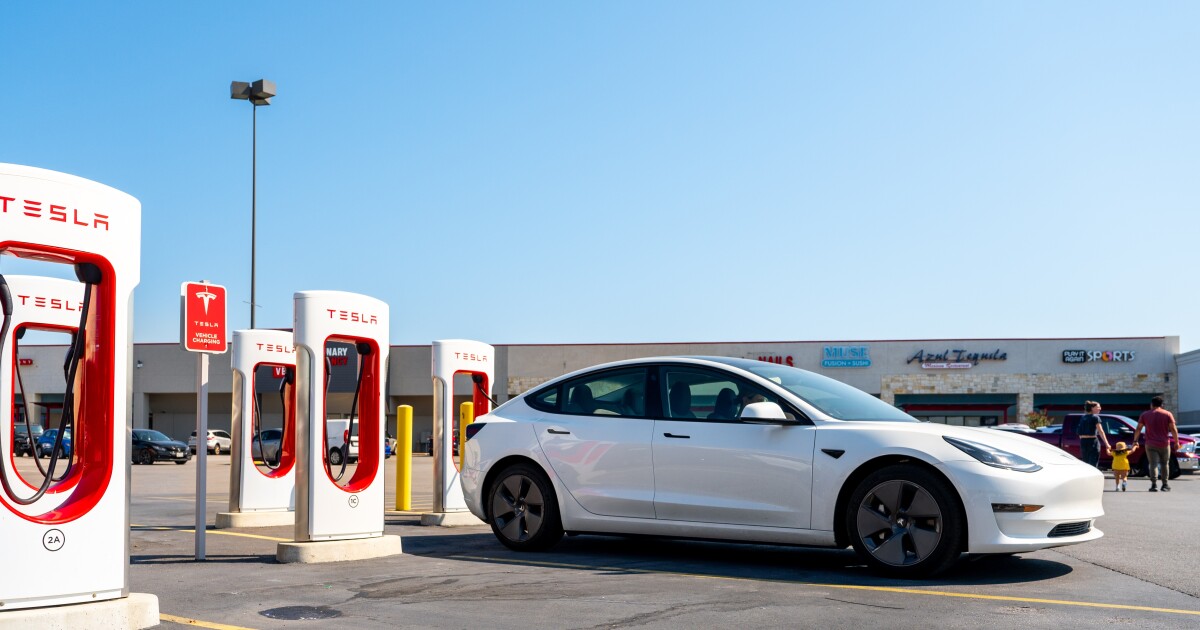Everyone knows that electric vehicles are supposed to be better for the planet than gas cars. That’s the driving reason behind a global effort to transition toward batteries.
But what about the harms caused by mining for battery minerals? And coal-fired power plants for the electricity to charge the cars? And battery waste? Is it really true that EVs are better?
The answer is yes. But Americans are growing less convinced.
The net benefits of EVs have been frequently fact-checked, including by NPR. "No technology is perfect, but the electric vehicles are going to offer a significant benefit as compared to the internal combustion engine vehicles," Jessika Trancik, a professor at the Massachusetts Institute of Technology, told NPR this spring.
It’s important to ask these questions about EVs’ hidden costs, Trancik says. But they have been answered “exhaustively” — her word — and a widerange of organizations have confirmed that EVs still beat gas.



Its basic math with incorrect inputs. According to your own source only 600 lbs to 750 lbs of that requires “battery recycling” that needs special battery recycling facilities. You’re welcome to hang your hat on that if you want, I suppose, but it makes me question your other assertions.
I agree, but that also means its not an imminent problem. All of your language here is suggesting it is, unless I’m hearing you wrong.
This is what I’m talking about when doubting your arguments and urgency. In 2008 the SUM TOTAL of Tesla cars sold was less than 100. How about 2009? About 900 cars. 2010? Only about 400 cars. source
In TOTAL there were only 2,450 Tesla Roadsters ( the first Tesla) made over 4 years and sold in 30 different countries.
So if 100% of all the Tesla roadsters batteries died and were completely unusable in 2028 we’d need the recycling capacity of 100 batteries, and thats four years from now.